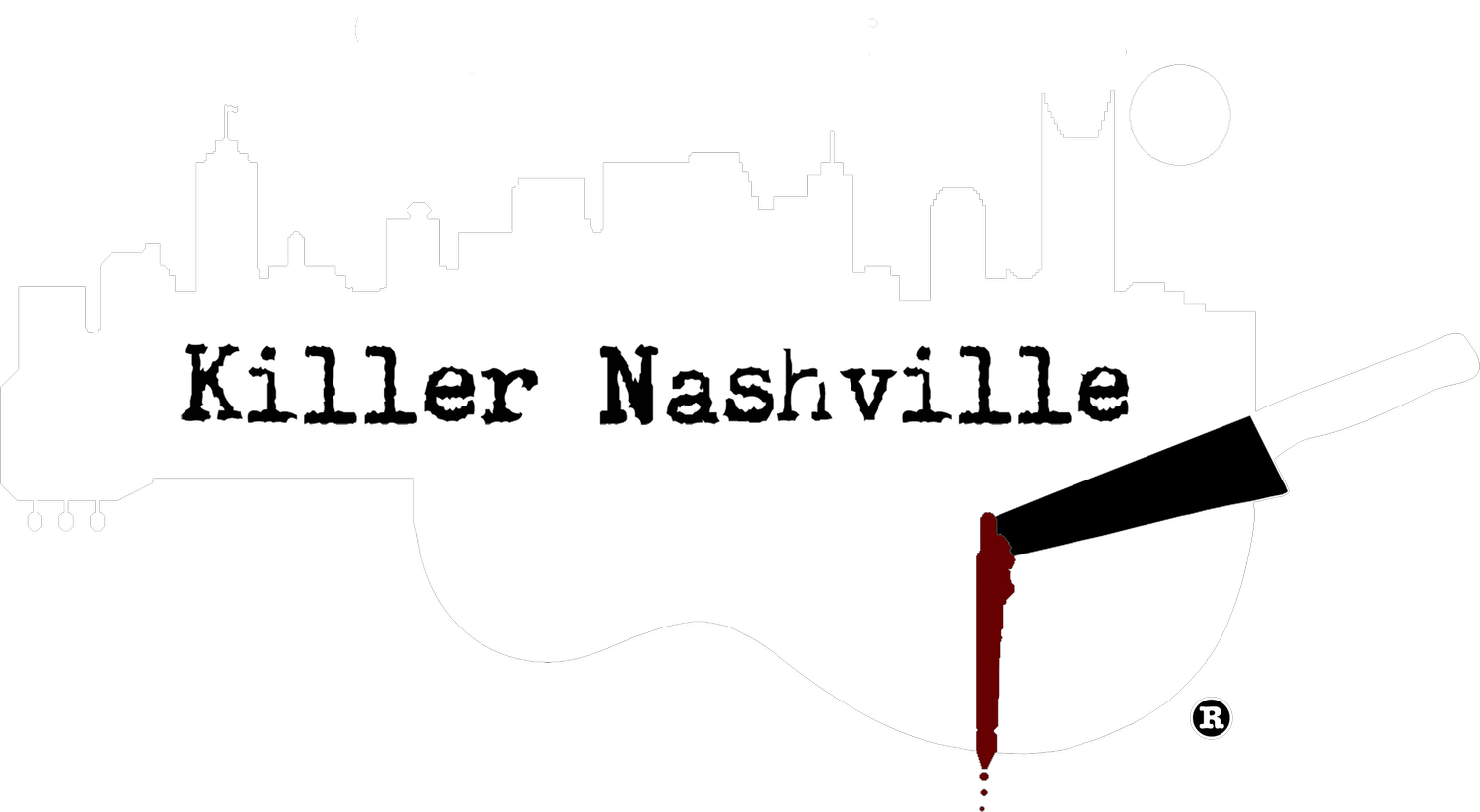Daily Writing Resilience
Introduction
We have met the enemy and he is us.
—Walt Kelly
When you started writing on a regular basis, did you think it would answer all your prayers for fame and wealth, and you’d live happily ever after? Did you dream your book would be on bookstore shelves beside Lee Child, James Patterson, or J. K. Rowling? That it would hit number one on the New York Times bestseller list and garner the Edgar, the Barry, the Agatha, and Thriller Awards? That Steven Spielberg would beat down your door to sign you for the screenplay?
I did.
Were you perplexed to discover that nightmares come with the dreams? Did an agent’s rejection, publisher expectations, blistering reviews, no-shows at bookstore signings, deadline pressures, zero awards, or agonizing writer’s block besiege you? Did you have trouble locating your book on the shelves at Barnes and Noble? Did you make a little money but not enough to pay off the mortgage? Did you find that what few bucks you earned had to go toward paying a publicist? Are you still waiting for Hollywood to call?
I am
After dashed dreams, do you still love to write? I do.
Writers like me with ink in their blood have to write. Not writing isn’t an option. When the going gets rough, we persevere through literary storms—albeit bruised, bereft, and beleaguered. I’ve seen them— writers frazzled from publishing’s frenetic pace, spirits dead from unfulfilled and stressful career demands—empty shells comatose like zombies moving among the living.
The dead aren’t supposed to walk among us, but they do. I know they do. I was one of them, too. In the still lonely hours before dawn, I plopped into the armchair, elbows digging into the knees of my ripped jeans. I dropped my head into my hands, grabbed a fistful of hair, and wept. That’s right. This grown man cried. After finishing my best mystery yet, or so I thought, an editor I’d hired tore the plot to shreds. Rewrite after rewrite, dead end after dead end, confusion and frustration mired me. I wailed at the clock and shook my fist at the heavens, cursing, slamming things. At every turn, I met one roadblock after another. Distraught, I didn’t know what else to do.
But cry.
I was my own biggest enemy, suffering from “dry-well syndrome,” and didn’t have a clue. Keep in mind this wasn’t my first book. I had written thirty-five nonfiction and fiction books, tons of magazine and jour- nal articles, blogs, and book chapters. I even won a few writing awards along the way. But I had never encountered that degree of writer’s hell. But hell is a state of mind. In the words of seventeenth-century author John Milton, “The mind is a universe and can make a heaven of hell, a hell of heaven.” Truth be told, you and I make our own writer’s heaven or hell. I can hear you gasp and see you roll your eyes, but listen up before you defriend me. Agents, editors, critical reviewers, or publishing houses don’t hold the writing chains that bind us in place. We do, unwittingly perhaps, but we can rise up, overthrow our master, and unbind ourselves. And that’s what this book is about: Ask not how your writing life is treating you; ask how you are treating your writing life.
By now you might wonder if it’s possible to sustain joy, perseverance, and peace of mind in a hectic career filled with constant uncertainty and disillusionment. I’m here to tell you that it is. Like any profession, writing has its challenges, heartbreaks, frustrations, and exhilarations. Chances are, whether you’re a seasoned author or an aspiring scribe, you’ve grappled with your share of meteoric challenges, repeated rejection, major setbacks, and devastating heartbreak. However, literary agents say the number one key to writing success—even more important than good writing—is perseverance, dogged determination in the face of disappointment.
For many years, in my lectures, books, and media appearances, I’ve taught people around the world techniques of resilience in the face of challenges and how to turn roadblocks into steppingstones. Just as grass grows through concrete, a resilient zone exists inside you. Once you find that place, you realize the power within you is greater than the challenges before you.
The readings are designed to support authors of all genres. Perhaps you’re one of them—juggling a full-time job, children, marriage, and household chores with a daily writing regimen and pressures from the business side of writing. As you navigate the ups-and-downs of the tumultuous writing world, this book will help you step back, take a breath, and contemplate a tried-and-true message geared to foster conscious living and free you from the clutches of your writing woes: an impossible deadline, a lousy review, bad writing habits, an agent’s bludgeoning rejection, an editor’s volcanic blast of disparagement, impassable writer’s block, sounds of crickets at book signings, and the seismic rumble of your own spewing torrent of self-doubt.
Plenty of books teach the craft of writing, but this is the only guide on the craft of writing resiliency, necessary for you to become a successful author. You’ll find tips and support through exercises such as meditation, breath work, yoga practices, the mind-body connection, stress management and relief practices, shifting habits for gratitude and positivity, decluttering to remove stuck energy, and self-care for health through sleep, exercise, and mindful eating. Daily contemplation pro- vides reflection and mindfulness practices that will help you find your present moments and live more consciously through your writing pursuits. The simple messages in these daily readings have nourished and supported me, kept me resilient, and added meaning and joy to my own mindful writing journey.
Each daily meditation begins with a quotation from all types of writers—comics, novelists, poets, psychologists, cartoonists, spiritual leaders, journalists, songwriters, or philosophers—who serve up bite- size kernels of wisdom. Each quotation is followed by a passage of sage advice, warmhearted humor, concise heart speak, and touching inspiration. You can digest the morning meditation with a hot beverage then tuck it away to apply during your writing day or use it as a devotional to contemplate before falling asleep. Each reading concludes with a one-sentence takeaway that lodges within you, eventually becomes a part of you, living and breathing inside, and helping you navigate the ups-and-downs of daunting writing challenges.
At the conclusion of this book, I show you how I broke free from my inner chains, got unstuck, and finished that murder mystery. Mean- while, I hope these daily meditations summon your inner resilience to escort you through the writing days ahead, support you in a deeply meaningful and mindful way, and help bring you the writing fulfillment you’ve been seeking.
January 1
Turn Endings into Beginnings
What we call the beginning is often the end
And to make an end is to make a beginning.
The end is where we start from.
—T. S. Eliot
One year’s ending shepherds in the beginning of another year. We’re ending and beginning our writing life all at the same time. Writing is a passion, an intensely personal calling, a long-time dream for most, and a solitary endeavor. It involves a lot of rejection and heartbreak at every stage. Many writers will review the past twelve months and set resolu tions for the new year. We can begin again as we wipe the slate clean and contemplate beginning anew one day at a time.
Out of endings, fresh starts are born on our writing journeys. In the new year we can ask ourselves what we want to do differently to hone our craft. Develop better writing habits? Stop procrastinating? Create a healthier lifestyle? Cultivate a more positive outlook? Improve a faltering relationship? Learn to cope with rejection and self-doubt? Harness greater resilience and perseverance?
Everything we do outside our literary life contributes to writing success, whether it’s tying up something left incomplete, changing habits, cultivating a more positive attitude, or thickening our skin.
Today’s Takeaway
Start this new year with a clean slate and think about good writing habits, positive attitudes, or dedicated practices you can create to put your craft at the top of the charts.
January 2
Personalize Your Workstation
I have a sofa on which I never nap, big windows with an ocean view that I rarely see, because I keep the pleated shades down at all times while working.
—Dean Koontz
Dean Koontz says he knows he’s a potential slacker, so he doesn’t tempt himself with beach views. Each of us has to determine which surround ings work and then personalize them to suit our needs. A safe writing environment appeals to our senses in a different way from the settings we associate with daily life. It’s a personalized space that contains everything we need to feel comfortable, creative, and productive. Under writing deadlines, a pleasant workstation eases stress, creates a sense of calm, and improves output.
There’s no one-size-fits-all solution. Some writers prefer a little “comfort clutter” and disorganization so their surroundings don’t feel like a museum. Some might be neat freaks, more at ease with tidy, streamlined areas. Other authors like Harlan Coben and John Hart prefer to write away from home to avoid distractions. Debut author Brian Panowich wrote in a closet at the fire station where he worked as a firefighter. What defines safety and comfort for you? Scented candles? Appealing paint colors? Vacation memorabilia with photos of loved ones, pets, and friends? Or anywhere, anytime?
Today’s Takeaway
Lift your writing spirits by creating a safe, comfortable environment that attracts your five senses in a different way from the settings you associate with daily pressures.
January 3
Persevere Through Writing Storms
Perseverance has so many guises, including standing up in the face of rejection and getting back up when things don’t go smoothly, and yes, writing more books.
—Jenny Milchman
Seasoned pros and aspiring scribes alike know the writing world is bru tal—full of meteoric challenges, constant negativity, and devastating letdowns. Most agents, editors, and publicists say the number one key to writing success—even more important than good writing—is perseverance, dogged determination in the face of opposition.
A-list writers have worked long and hard. Author John Lescroart said, “I’m not an overnight success. My early publishing history, through my first five books, was unfortunate in many respects.” Novelist Steve Berry said it took him twelve years and eighty-five rejections before he reached the bestseller list.
Rejection isn’t personal; it’s part of the package deal. And while perseverance is the cornerstone of success in anything we try, only the diligent survive the writing business. So let’s be diligent and resilient. Every time we get up and brush ourselves off, we boost the chances of our work topping the charts.
Today’s Takeaway
Persist when you get knocked down, don’t take it personally, get up just one more time than you fall, and remember that acceptance and rejection are a package deal.
Bryan E. Robinson (Asheville, NC) is the author of 35 nonfiction books and two novels. His books have been translated into thirteen languages, and he’s been featured on 20/20, Good Morning America, ABC’s World News Tonight, NBC Nightly News, NBC Universal, the CBS Early Show, and CNBC’s The Big Idea. Robinson maintains a private psychotherapy practice and lives in the Blue Ridge Mountains with his spouse and four dogs. Visit him online at www.bryanrobinsonbooks.com

